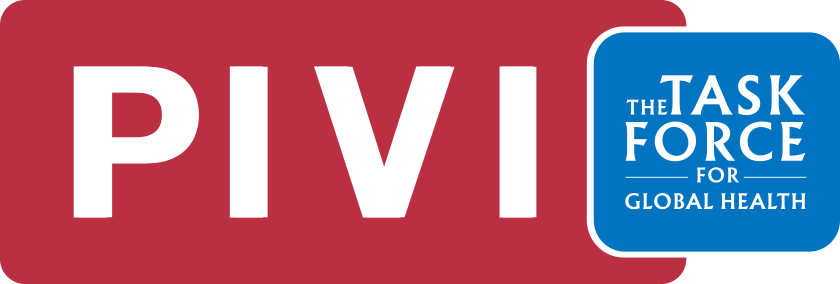
Each April, the country of Nicaragua organizes a month-long campaign to promote and give necessary vaccines to men, women and children throughout the country. Rather than taking place in a colorless doctor’s office or clinic, the campaigns have an almost festival feel, with balloons and colorful posters promoting the importance of getting regular vaccines. These life-saving vaccines are also free, provided by the government as part of its universal health coverage for its citizens.
Dr. Ofelia Chicas, General Director of Health Surveillance for the Ministry of Health in Nicaragua, shared that Nicaraguans really come out for the campaigns, trusting the advice of the Ministry of Health. “When we send a message, the community listens. We are like a family in that way.”
During the vaccine campaigns and throughout the year, Nicaragua’s committed healthcare workers are true ambassadors for health and well-being in their communities. A majority of these healthcare workers are women, often with families of their own. They work on a daily basis with the families and individuals within their communities, gaining their trust through regular visits, family check-ins, and simply getting to know them. So when the government is promoting and providing a new vaccine, the healthcare workers, who are paid through the Ministry of Health, are the first in line to get the vaccine so that they can discuss the vaccine’s safety and efficacy with their patients.
When the Nicaragua’s Ministry of Health first partnered with PIVI and the Pan-American Health Organization (PAHO) in 2013 to increase access to flu vaccines for pregnant women, healthcare workers were some of the first people to get vaccinated. This way, they would not only stay healthy, but they could now personally assure their patients that this new vaccine was safe for them and for their unborn babies. Four years later, through PAHO and government funds, Nicaragua continues to offer vaccine to a majority of pregnant women in the country.
Judith Martinez, a nurse at the Centro de Salud Grenanda, a health center in the city of Grenada, was one of these women. Knowing the risks of flu to mothers and their unborn babies, Judith got her very first flu shot through the program when she was pregnant. Judith shared that she felt grateful to have the opportunity to speak from personal experience to all of her patients, especially expectant mothers, about the importance of the flu vaccine.
A new mother named Elizabeth also shared her story at the Centro de Salud Grenada. Elizabeth was there getting the polio/pneumococcal/pentavalent vaccine for her six-month old son Davinjer. She received the flu shot when she was pregnant with Davinjer, and said that she wasn’t scared of the vaccines – the doctors explained all of the risks and benefits thoroughly. “They told me it was for my baby, so I felt good about it.” Once Elizabeth gave birth to Davinjer, a healthcare worker came to her home to check on Elizabeth and the baby, and to make sure that Elizabeth planned to immunize Davinjer on schedule. Clearly that advice stuck; she was there at the Centro de Salud on Davinjer’s six-month birthday getting his recommended vaccines.
Nicaragua’s committed healthcare force also includes Rosa Garcia, who sees patients at the Puesto Salud Familia y Comunitario San Jose Oriental, a community health post neighborhood of San Jose Oriental in the capital city of Managua. Rosa is incredibly proud of her work; it’s obvious in her smile and the energetic way she talks about her patients. Like all healthcare workers throughout the country, Rosa keeps detailed charts on all of her patients, including all immunization records. She also keeps track of the vaccines in the health post. She makes sure that those vaccines that need to stay cold – like the flu vaccine – are monitored and checked according to a strict schedule.
As a mother of two young girls, Rosa believes in vaccines to keep them healthy and she is always ready to share this with her patients.
“I’m happy to help my community and keep children healthy. As a mother, it’s part of my role,” she says.
Women like Judith and Rosa can serve as an inspiration to everyone – caring for and educating people, creating a healthier community for everyone.

